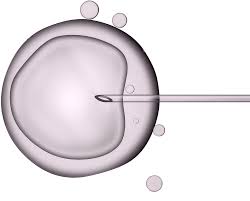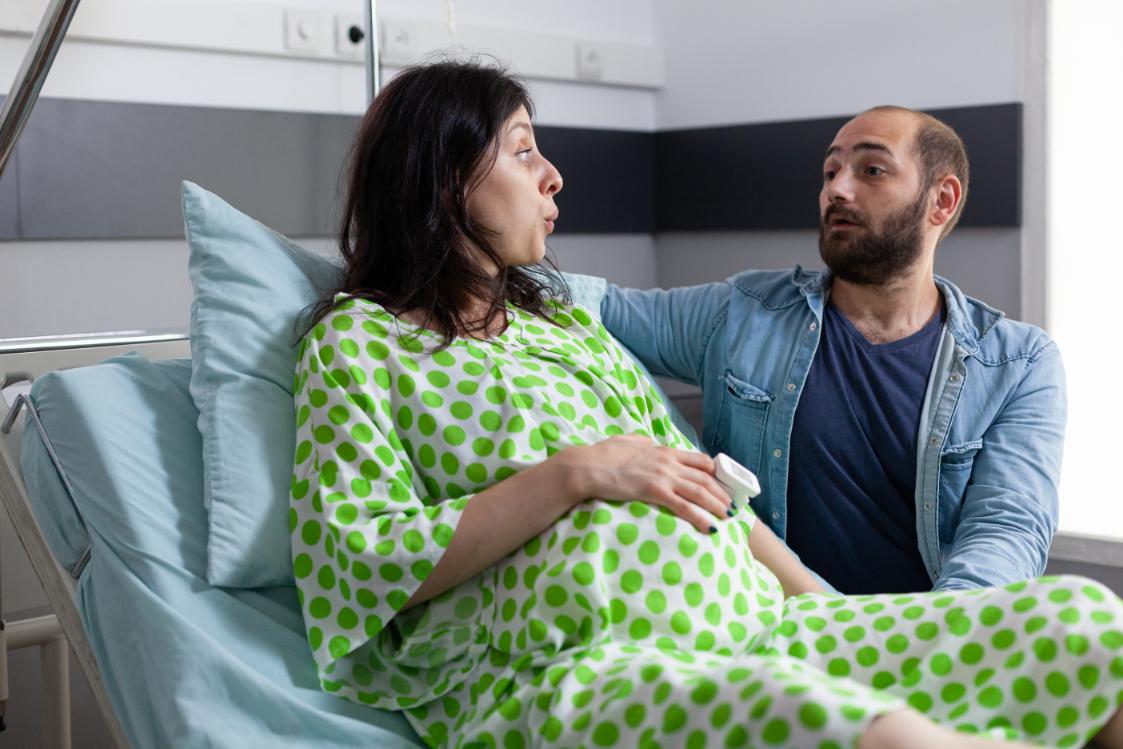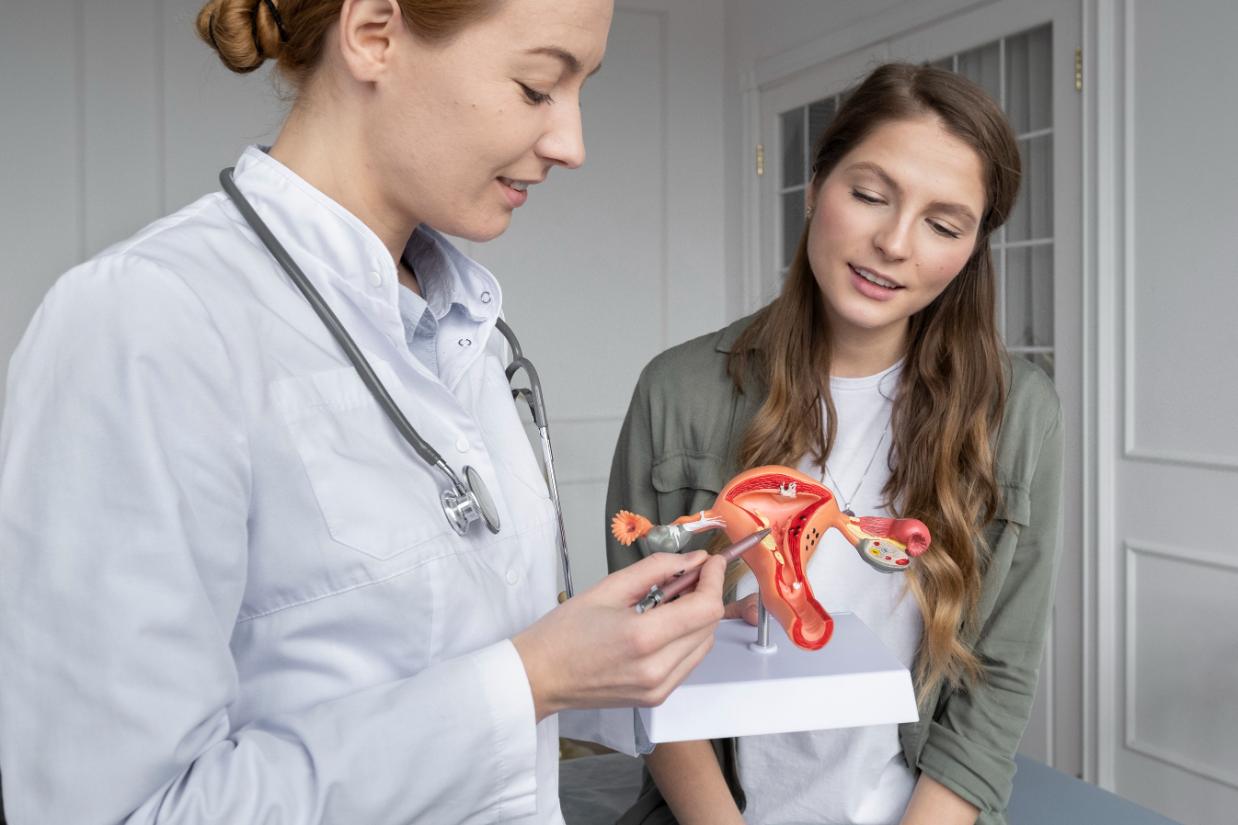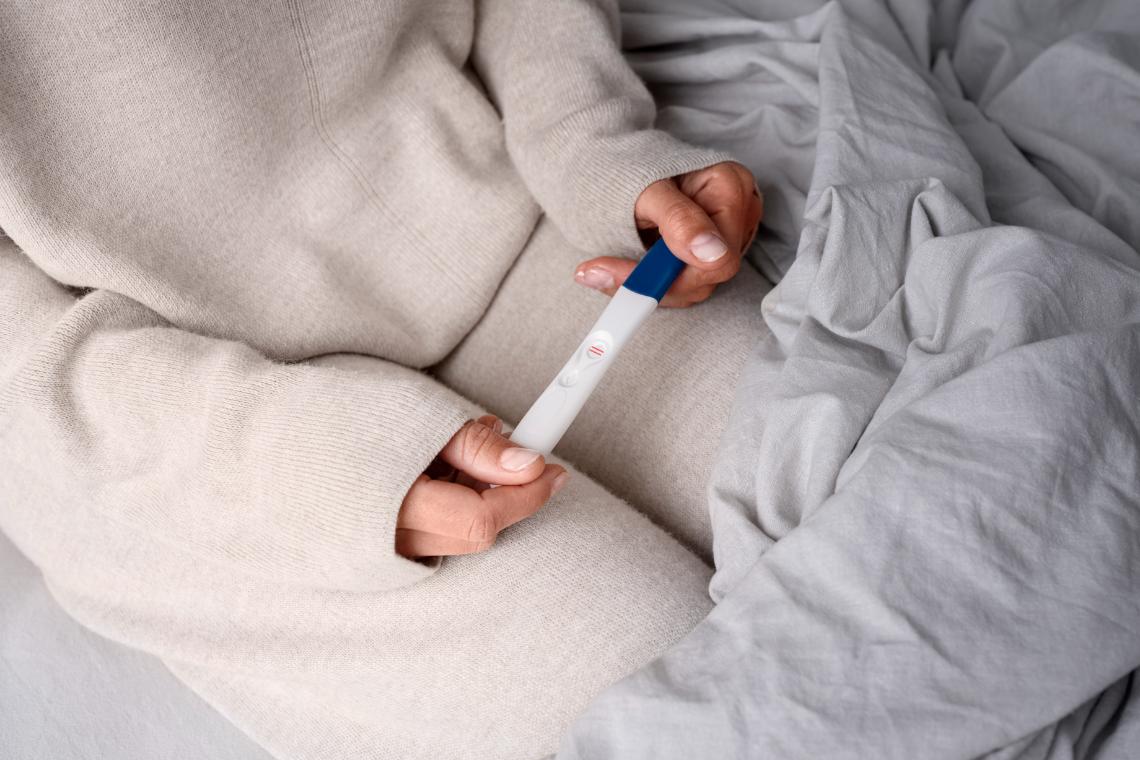
The fertility needs, health conditions and circumstances are most often different for every woman. Ideally fertility treatment should be individualized to a patient’s unique situation. The invasive and expensive IVF may be the only recommendation in some cases but successful outcomes can be brought about by other low-cost fertility treatment options as well. The idea that an infertility condition is right away an indication for IVF is absolutely wrong. It is not the only option out there to make your dreams of a family a reality. Sometimes all it takes to improve the reproductive function can be medically correcting a metabolic disturbance or hormonal imbalance in the body.
IVF can be the best and viable treatment option in certain cases like when there are damaged fallopian tubes, there is a desire for preimplantation genetic testing, severe male factor, or when previous attempts with less invasive treatments have been unsuccessful. A thorough assessment of the general health of both the partners is done before starting any fertility treatment. Ovarian function, uterus and fallopian tubes assessment, metabolic abnormalities, hormonal anomalies, semen analysis are some of the things that the couple can be evaluated for. The continued advances in reproductive medicine have brought about a number of alternative fertility treatment options that encourage you to look beyond IVF. Let’s look at some of these;
Ovulation Induction – Almost 20% of the women that have problems conceiving have ovulation problems. This is a common treatment for women with irregular ovulation. Oral medication, like clomid or letrozole are administered and then an ultrasound is done to determine how the ovaries responded to the medication. OI can be combined with intercourse, timed around expected ovulation or coordinated with an intrauterine insemination (IUI) procedure. Ovulation Induction is also used for superovulation therapy in women who ovulate regularly, but have difficulty conceiving. Ovulation induction therapy focusses on achieving a healthy ovulation and depending on the diagnosis, the ovulation of multiple eggs. Inducing the release of more than one egg can dramatically increase a woman’s per cycle chance of pregnancy.
Intrauterine Insemination – When expertly paired with fertility medications, this method places specially prepared sperm directly into the uterus with a flexible catheter. If the male partner has a low sperm count or slow-moving sperm, or if the female partner have complications with cervical mucus or antibodies, then this can be an effective option.
Reproductive Surgery – A surgery can correct anatomical problems that prevent fertilization like blockages of the fallopian tubes or endometriosis. Even abnormalities in the woman’s uterus, such as uterine septum, polyps, fibroids and scar tissue can have an impact on fertility. Along with ovulation induction the surgical removal of fibroids and polyps from inside the uterine cavity can increase the chance of pregnancy. The success of surgical procedures will again depend on the extent of the condition and severity. Though invasive this could prove to be a less expensive alternative to IVF.
Treatments for Male Factor – A number of different treatment options can help if the male factor is the primary cause of infertility. If the man’s hormone levels are affecting sperm count a urologist can prescribe hormone replacement or medications to increase testosterone levels to bring the count up. In certain cases, it could be a varicocele which stands in the way of pregnancy. This is an enlarged vein in the scrotum that can decrease sperm count and quality. A blocked epididymis, which is the tube that collects and stores sperm could also be the issue. The blockage or obstruction on one side can cause low sperm count and if it is blocked on both sides then this would mean zero sperm count or a condition called Azoospermia. Surgical correction or donor sperm are some of the treatment options to correct such issues.
For enquiries and online appointments, send a message to www.KJKHospital.com/contact





